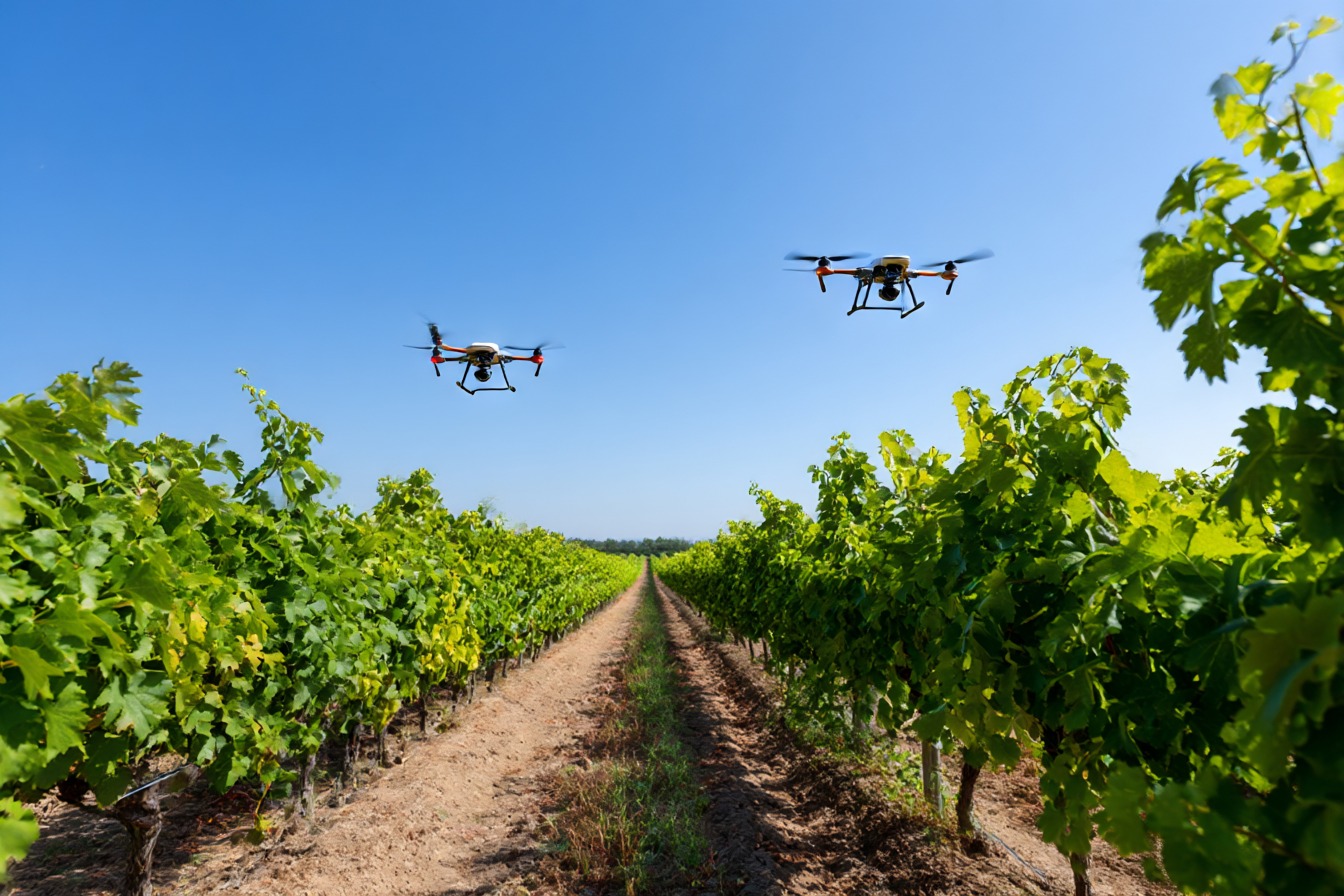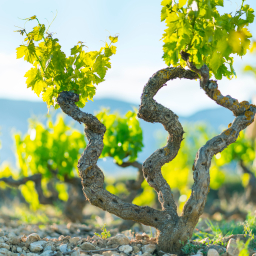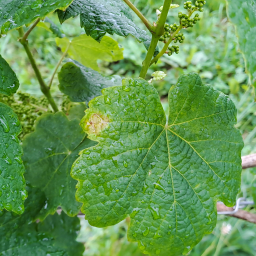NEW
Precision viticulture: a tool for optimizing vineyard management
23 June 2025- At NEIKER, we obtain detailed information of the vineyard using new technologies and this allows wineries to make better decisions thanks to a better knowledge of the vineyard.
Modern viticulture faces constant challenges to ensure the quality and stability of harvests. To overcome these challenges, the wine industry is constantly evolving, integrating new technologies to better monitor crop development and try to improve grape quality. Precision viticulture emerges as an essential tool to achieve a more efficient management adapted to the current needs of the vineyards.
In this line, at NEIKER we work, among other topics, in precision viticulture, a line of work that allows us to better understand the vineyard in order to make better crop management decisions. This approach is based on collecting and analyzing data on the crop and its environment, using technologies that provide data through sensors that can be installed in the soil, on the plant, drones, light aircraft or satellites. “Thanks to this information, it is possible to observe in detail how the vine behaves in different areas of the vineyard and make better decisions on practices such as irrigation, fertilization or phytosanitary treatments,” says Ana Aizpurua Insausti, a researcher at the technology center.
In addition, we analyze how soil characteristics such as depth, texture, organic matter content, etc. affect the vegetative response or growth of the vineyard that can be estimated by the sensors mentioned above. On the other hand, in several projects, we have studied the relationship between the information obtained by the sensors and real field measurements on vegetative growth, production and grape quality monitoring. All this information is complemented with the knowledge of the sector’s personnel and cartographic resources, such as topographic or lithological maps, to offer a complete diagnosis of the vineyard. In the end, the aim is to know the vineyard better and thus make decisions related to agronomic actions, grape harvest planning, etc. in a more rational way. In addition, NEIKER has laboratories for soil and leaf analysis, which are essential for a good nutritional diagnosis, which is the basis for a good fertilization.
Technological tools at the vineyard’s service
To carry out this type of study, we can use various technological tools that allow us to gather information about the vineyard from different angles. We have worked with sensors installed on tractors, such as the Cropcircle system, and portable devices such as Rapidscan or SPAD, as well as drones and satellite images that help us generate vegetation maps. These maps show how vine development varies within the vineyard and allow us to locate areas with less vegetative activity, possible signs of water stress or nutritional deficiencies, helping to guide management decisions.
This detailed characterization opens up new possibilities in the winery. For example, it makes it possible to make wines from plots or areas with specific characteristics, or to allocate each batch of grapes to a specific use according to its profile.
As the technologist Roberto Pérez Parmo explains, “in the projects we have carried out together with wineries such as Itsasmendi, Artuke, Eguren Ugarte or the Solagüen cooperative, this knowledge has facilitated the identification of areas of higher quality within the vineyard, contributing to the improvement of the classification and winemaking processes”.
BERRITZEN PLAN for knowledge transfer
In order for this knowledge to reach the whole sector, in 2025 we are launching a specific project within the framework of the BERRITZEN Plan, within the axis called “BERRITZEN PRAKTIKAK”. Through this initiative, we will visit wineries in Rioja Alavesa together with entities such as ABRA, UAGA and SUBSIERRA, in order to publicize the practices researched by NEIKER in recent years and facilitate their application in real conditions.
This transfer work includes the possibility of conducting trials directly in the vineyards, allowing each winery to test how the techniques perform in their own plots and decide whether to apply them on a larger scale. “Thanks to this collaboration with the sector, we strengthen the link between research and practice, helping to ensure that the knowledge generated in scientific projects is translated into useful tools for a more efficient viticulture, better adapted to the challenges posed by climate change”, concludes Roberto Pérez Parmo.






